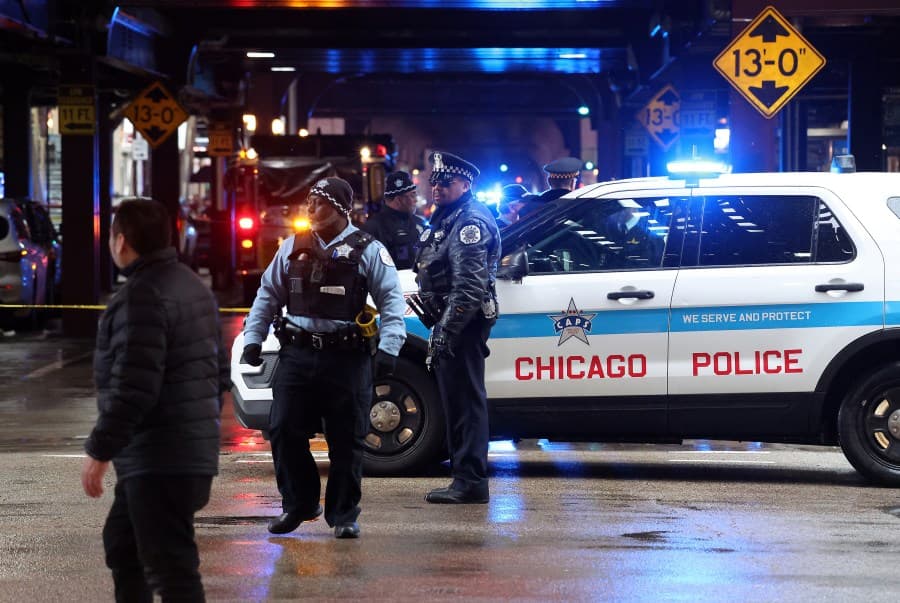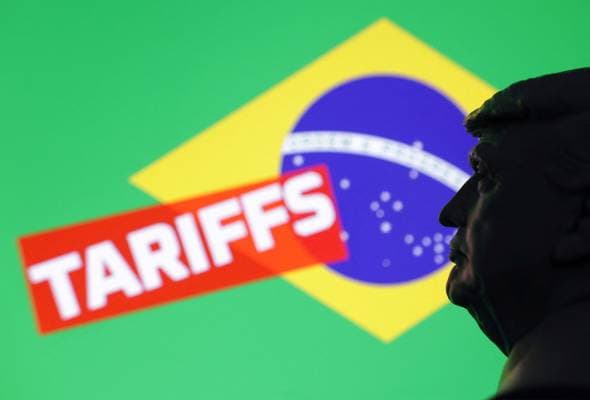Chicago Rejects DOJ Violence Grants, Citing Threat to Local Programs
Chicago officials announced they will not apply for Department of Justice community violence intervention grants after the agency restructured the program to favor law enforcement partners and attach policy conditions tied to federal priorities. The decision raises immediate questions about funding for neighborhood prevention groups, the balance of federal influence over municipal strategies, and the future of community led violence reduction efforts.

Chicago announced on November 21, 2025 that it would not seek Department of Justice community violence intervention grants after the agency revised the program to prioritize law enforcement partners and to impose policy conditions aligned with the Trump administration's priorities. City leaders said the changes would curtail community led models that have driven Chicago's strategy for preventing shootings and undermine local discretion over how to allocate scarce resources.
The move represents a clear rupture between municipal public safety strategies and a federal grant regime that uses conditions to steer local practice. For years Chicago municipalities and nonprofit partners have emphasized outreach models that center violence interrupters, hospital based responders, and social services aimed at addressing the underlying drivers of violence. The Justice Department restructuring signals a different approach, elevating law enforcement roles within funded projects and attaching federal policy expectations to awarding decisions.
Officials in Chicago framed the decision as protecting grassroots efforts and preserving city control over program design. They said the new federal terms would effectively force local partners to adopt configurations that do not reflect Chicago's assessments of what reduces harm in neighborhoods. The city declined to identify a specific alternative funding package on the day of the announcement, leaving local organizations that routinely rely on federal grants facing a period of uncertainty.
Absent federal dollars, community based violence prevention groups may confront immediate budget shortfalls. Providers that operate street outreach teams, counseling programs and reentry services could scale back staff, reduce services or seek emergency support from philanthropic foundations and state agencies. The timing could also affect long term planning for the police department and city agencies that had anticipated supplementing local investments with federal grants.
The policy friction underscores broader questions about the federal government's leverage through conditional grants and the institutional boundaries between national priorities and municipal governance. By tying awards to preferred partners and policy stances, federal agencies can shape local practice without changing local law. That tool often prompts debate over accountability, effectiveness and democratic control when cities find national directions at odds with local evidence and political choices.
The political consequences may extend into civic engagement and electoral politics. Chicago's decision could sharpen debate among voters over public safety approaches, fueling campaign rhetoric in municipal and state contests about whether policing should be central to violence reduction or whether social interventions should drive strategy. Community groups and city officials may also mobilize to press state lawmakers and private funders for bridge financing, or to seek negotiations with the Justice Department to restore grant terms that allow more local flexibility.
In practical terms the city now faces a hard choice: rebuild a funding strategy that relies less on federal dollars, open a formal negotiation with the Justice Department, or seek legal avenues to challenge federal conditions. For residents of neighborhoods most affected by violence, the immediate concern will be whether street level programs can continue uninterrupted while the political argument over federal leverage and local autonomy plays out.


